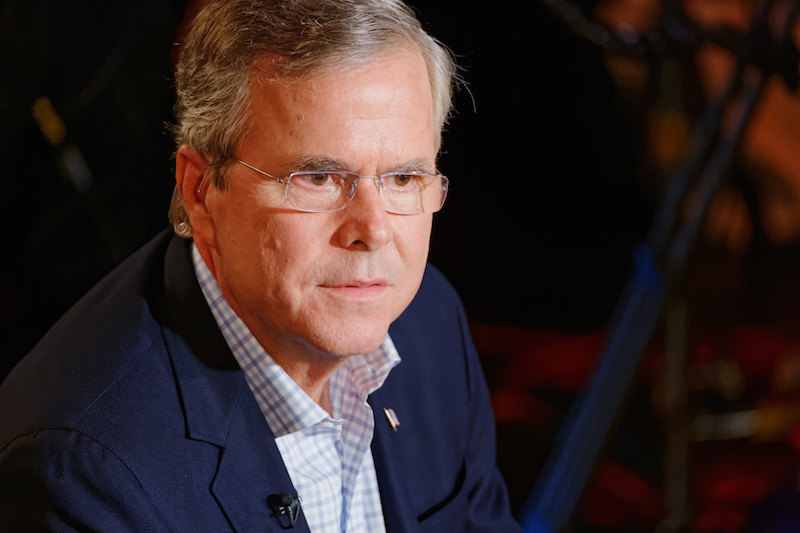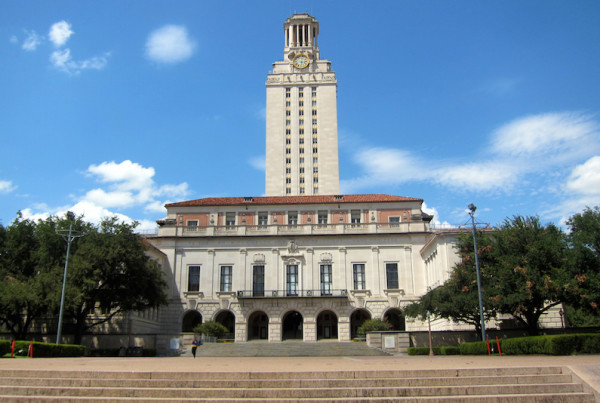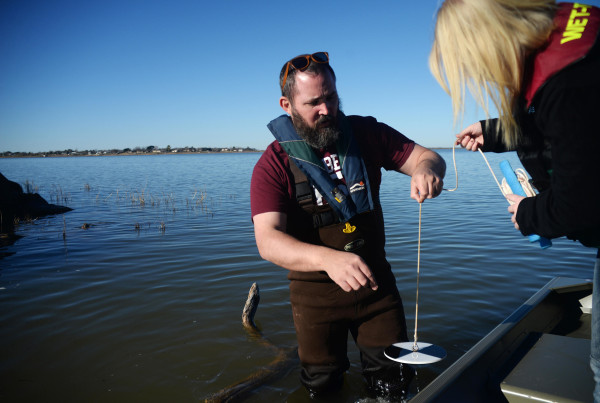Texas, with its 252 democratic and 155 republican delegates up for grabs, holds its primary on March 1, better known as Super Tuesday. But the game’s over for a certain candidate with deep Texas ties who staked out a claim based not so much on his last name as on the bona fides his name seemed to confer, especially to well-heeled contributors. Here’s how it went down in South Carolina for Jeb Bush: son of a Texan president, brother of another, former Florida governor and one-time Republican presidential contender.
Mike Ward, Austin Bureau Chief for the Houston Chronicle, says though Jeb has dropped out of the race, it’s “probably not” the end of the Bush family’s political dynasty – Jeb’s son George P. Bush currently serves as Texas land commissioner.
“This is an anti-establishment election year,” Ward says. “And (Jeb Bush) is perceived, because of his name and his family standing for decades in the Republican party, as an establishment candidate.”
Ward says Bush didn’t have much ground to gain here even in Texas, despite the fact that some pockets of Texas are still considered “Bush country.”
“The average Republican primary voter has changed,” he says. “I think Bush was not connected with those voting patterns…. There’s been a shift to the right among Republican primary voters across the country. You add that to the anti-establishment sense that’s going on now in this election cycle and it doesn’t bode well for someone like Jeb Bush.”
Ward says the base has become much more conservative than its leadership, so the leaders risk alienating their followers.
“This is more conservative than the Reagan conservatives on a lot of issues,” he says. “The world has changed a lot since Reagan was president and the Republicans now are a lot more conservative.”















